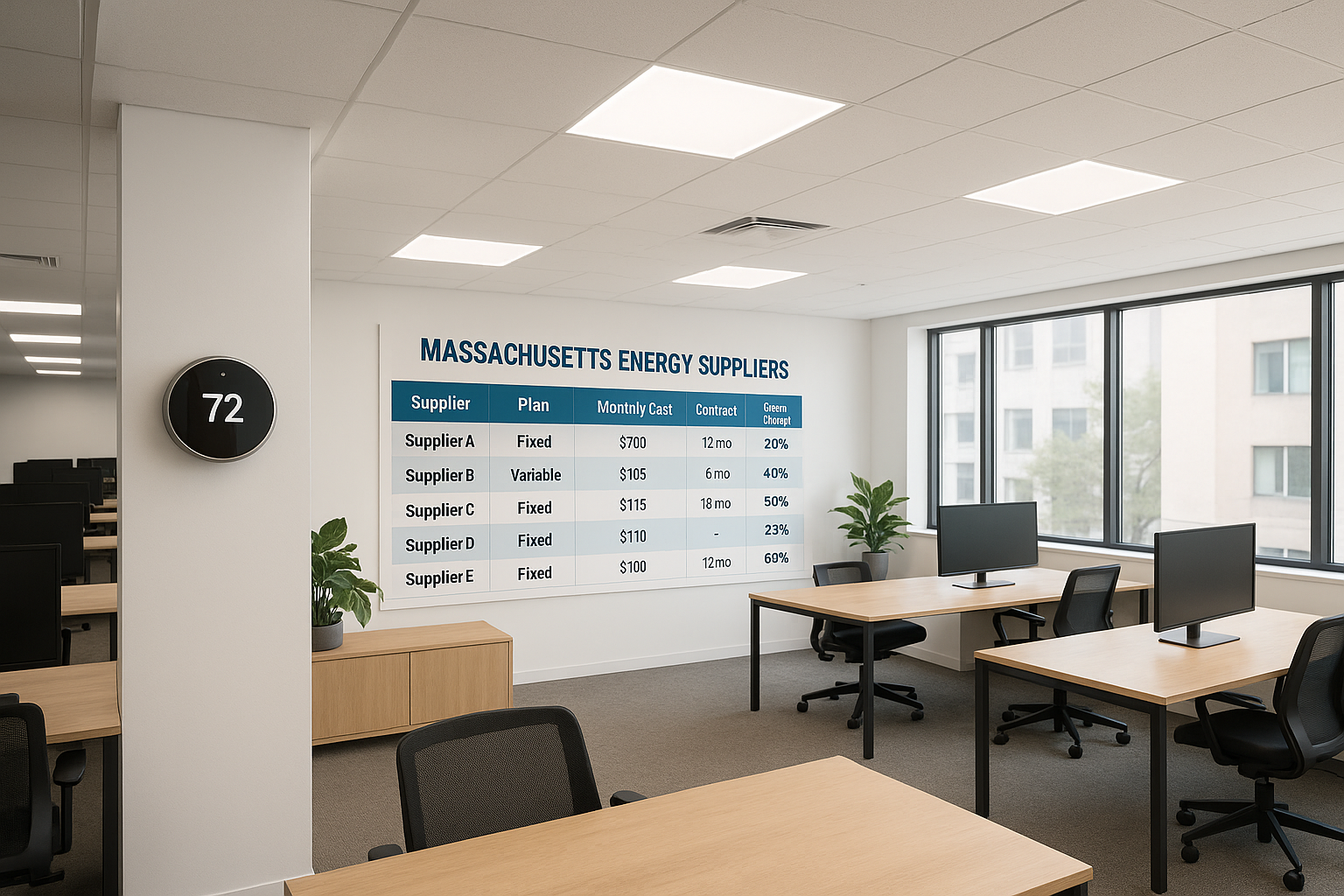Retire Wealthy Secrets Reveal Top Retirement Savings Options
Unlock the secrets to retiring wealthy by exploring top retirement savings options that can transform your financial future—browse options, search options, and see these options to secure your golden years with confidence.
The Importance of Strategic Retirement Planning
Retirement might seem like a distant dream, but the key to enjoying a financially secure and comfortable retirement is to start planning early. With the right strategies, you can maximize your savings and ensure you have enough to live on when you stop working. According to the U.S. Department of Labor, only about half of Americans have calculated how much they need to save for retirement1. This highlights the need for awareness and action when it comes to retirement planning.
Top Retirement Savings Options
1. Employer-Sponsored 401(k) Plans
One of the most popular retirement savings vehicles is the 401(k) plan. Offered by many employers, a 401(k) allows you to contribute a portion of your paycheck before taxes are taken out, which can significantly reduce your taxable income. Many companies also offer matching contributions, effectively providing you with free money towards your retirement. For instance, if your employer matches 50% of your contributions up to 6% of your salary, you're gaining an immediate 3% return on your investment2.
2. Individual Retirement Accounts (IRAs)
IRAs are another excellent option for retirement savings, offering tax advantages that can help your money grow more efficiently. Traditional IRAs allow you to make pre-tax contributions, which can lower your taxable income, while Roth IRAs let you contribute after-tax dollars, enabling tax-free withdrawals in retirement. Both options have their benefits, and choosing the right one depends on your current tax situation and future expectations3.
3. Health Savings Accounts (HSAs)
HSAs are often overlooked as a retirement savings tool, but they offer a triple tax advantage: contributions are tax-deductible, the account grows tax-free, and withdrawals for qualified medical expenses are also tax-free. If you have a high-deductible health plan, an HSA can be a powerful way to save for both healthcare costs and retirement. After age 65, you can use HSA funds for non-medical expenses without penalty, although they will be taxed as income4.
Maximizing Your Retirement Savings
To make the most of these savings options, it's crucial to understand the benefits and limitations of each. Diversifying your retirement savings across different accounts can mitigate risks and provide flexibility in managing taxes during retirement. Additionally, taking advantage of employer matches, understanding contribution limits, and regularly reviewing your investment strategy can significantly impact your retirement readiness.
Leveraging Professional Advice
While it's possible to manage your retirement savings independently, consulting with a financial advisor can provide personalized insights and strategies tailored to your unique situation. Advisors can help you navigate complex tax laws, optimize your investment portfolio, and ensure you're on track to meet your retirement goals.
By exploring and understanding these top retirement savings options, you can take proactive steps towards a financially secure future. Whether you're just starting your career or nearing retirement, it's never too late to adjust your strategy and maximize your savings potential. For those eager to delve deeper into these opportunities, numerous resources and specialized services are available to guide you on your journey to a prosperous retirement.
References
- U.S. Department of Labor - Retirement Preparedness
- IRS - 401(k) Resource Guide
- Investopedia - Comparing Traditional and Roth IRAs
- HealthCare.gov - Health Savings Account (HSA)








